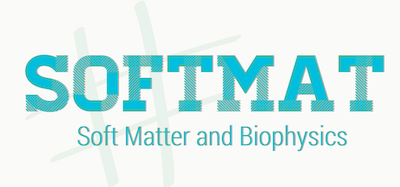The Taute lab at the Rowland Institute at Harvard is offering a postdoc opportunity at the interface between physics and biology. The lab focusses on understanding how physics and ecology interplay in shaping the diversity of swimming behaviors available to microbes. Many bacteria swim with the aid of flagella, helical appendages that can be rotated by a motor at their base. Bacterial species differ in flagella number, position, shape, and other properties. We strive to learn which motility behaviors can be achieved with a given flagellar architecture in a given type of environment and to evaluate the benefits of these different behavioral strategies. The successful candidate will conduct experimental research on novel bacterial motility behaviors using a broad range of approaches that include high-throughput 3D bacterial tracking, chemotaxis assays, and other biophysical techniques. Applicants should bring along • a strong training in physics, quantitative biology, or a related field, • enthusiasm for cross-disciplinary experimental science, • a strong background in quantitative analyses, and • a high level of proficiency in at least one programming language. Experience in advanced light microscopy or microbiology would be advantageous. Applicants must be fluent in English and hold a doctorate in a relevant discipline. Interested candidates should email the following application documents to Katja Taute ([email protected]):
1. a current CV including research skills and a publication list,
2. a short letter describing research accomplishments and interests as well as your motivation for joining our lab (max. 1 page), and
3. contact details for at least two individuals willing to provide references.
We are an equal opportunity employer and all qualified applicants will receive consideration for employment without regard to race, color, religion, sex, national origin, disability status, protected veteran status, gender identity, sexual orientation, pregnancy and pregnancy-related conditions or any other characteristic protected by law
